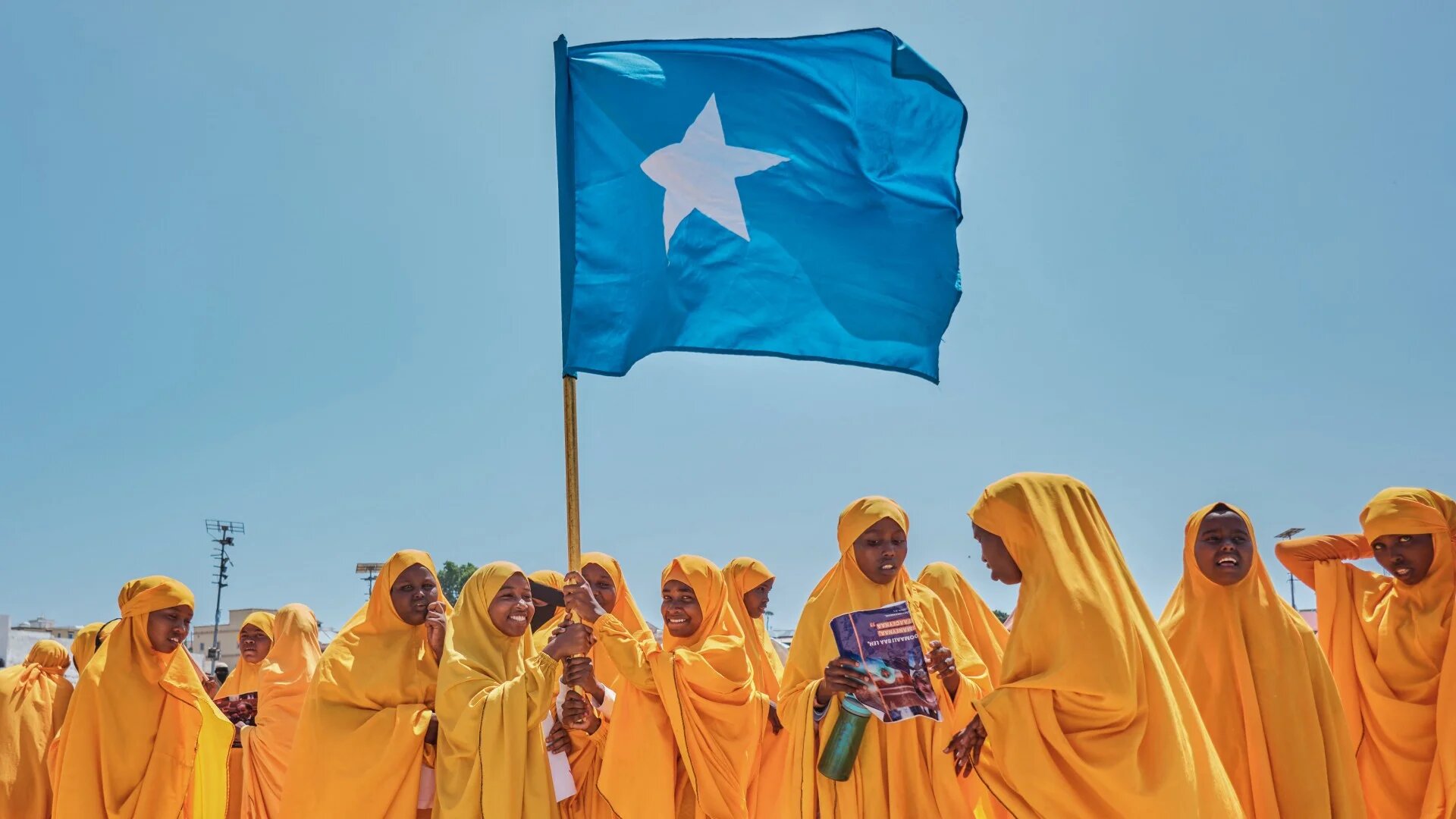Since the collapse of the central government in Somalia in 1991, the international community has been struggling with how to handle the country in the face of the civil war, droughts, foreign invasions, introduction of religious terror and other criminal organizations, refugees and exodus, and the resultant extreme poverty in the country. The international community has helped organize and fund numerous reconciliation meetings, mostly outside the country, while at the same time seeking advice from the traditional countries which had their own agendas on Somalia. The international community failed to consult the country’s own policy analysts, policy makers and technocrats who were able to build one of the fastest growing economies of the African continent during the decades of the 1970s and 1980s.
This does not refer to the political leaders of the era but the administrators, trainers, educators and security personnel who ran the country and who had the training and wherewithal to resurrect a democratic, business-oriented and a viable state in Somalia. On the contrary, the country was handed over to ill-trained, ill-educated and ethno-rooted political operatives who have not only ruined the country but also wasted the international community’s efforts both in time and finance over the past thirty-some years.
It is understandable that some countries take longer time than other countries in recovering from civil wars. However, when the approach is not correct, it only gets worse and the people of Somalia have suffered more from the reconstruction process than from the actual civil war. It is why we propose an alternative to the current processes which have not only failed the nation but which have also led to further dismantling a once thriving country and people.
It is noted that in every century some countries disappear from the maps never to show up again. The Mongol Empire, the Songhay-Mali Empire, the Nubian Kingdom, the Axumite Kingdom, Yugoslavia, the Soviet Union, and the Cushitic Meruit kingdom, and others are but examples of countries that ceased to exist. Would Somalia continue to exist under the current ill-advised processes?
One has to take into consideration the intractability of the cascading shocks that are rocking the world today in terms of climate change, growing populations, production of less food, conflicts, droughts and famines interspersed with floods. There will be, in our view, shortage of food and water in the world and this would result in wars over these life-sustenance resources. This will result in new waves of refugees that would not be welcome to other countries themselves struggling with their own life systems.
Will current Somalia in its divisive and ethno-rooted senseless struggles within its fold withstand the shocks on the way? We guess not, and unless it changes track, the country and people are doomed. It is why the efforts of the international community be shifted to the following process and replace it with the current one:
1. Governance
A Governing Council composed of administrators and technocrats to be called the Governing Council or the Transitional Governing Council or whatever is suitable, should be appointed.
The Governing Council should consist of the five clan-base of the society as is agreed already and should not number more than 25, representing a maximum of five per each clan.
The members of the Governing Council shall have the characteristics of able leadership combining integrity, vision, dedication, and competence. The members must be marked by standing out from the general population, able to inspire, motivate and lead others towards the desired goal of a viable functioning government and country.
The Governing Council will elect a Chairman and a Deputy Chairman from among themselves and will form the Government of the country. They will manage and run the country for some three (3) years and will carry out the functions and jobs as described in point 3 here below.
2. Dissolution of both houses of the current parliament
The current parliament has failed in its function and should be dismissed. It is, indeed, the source of the failure of the governments that have so far been put in place to manage and govern the country. This entails dissolving the entire government infrastructure in place including the President, the Prime Minister, and the Ministers.
3. The Functions of the Governing Council
a. Completion of the Provisional Consitution and ensuring it is majority approved by the citizens of the country.
b. Creating a strong security service including the country’s armed forces (land, Naval, and air), police and intelligence services.
c. Building an independent and strong justice system where all citizens irrespective of the positions they hold are equal
d. Preparing the country for a democratic and pluralistic election systems and creating an independent Electoral Commission.
e. Prepare the country to be free from Chapter Seven (7) of the United Nations Charter
f. Create and lay down the groundwork for a thriving economic and financial systems for the country.
The current Governing infrastructure is supported financially by the international community. The same process will continue to finance the Governing Council activities, until the it is able to fund itself from internally generated resources and this should be within the three-year period.
END
Author: Sheiknor Abukar Qassim | X: https://x.com/SheiknorQassim


COMMENTS